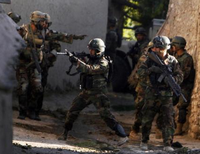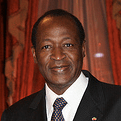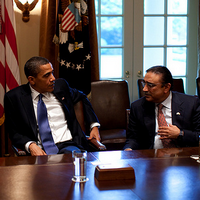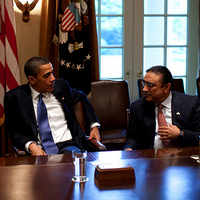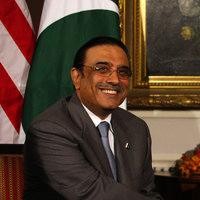
Chinese truckers at the port of Shanghai ended a three-day strike on April 23 after local authorities released a communiqué promising the reduction of logistics fees and attempts to mitigate the effect of rising fuel prices. The incident made headlines in global media coverage, as it threatened operations in the world’s largest port. But it is just the latest in a widespread pattern across China, with similar protests by independent truckers and taxi drivers angered at rising fuel costs taking place on a regular basis in all Chinese cities. The mix of repression and accommodation shown in Shanghai is also […]

